Is CBD Addictive? Dissecting Facts from Fiction
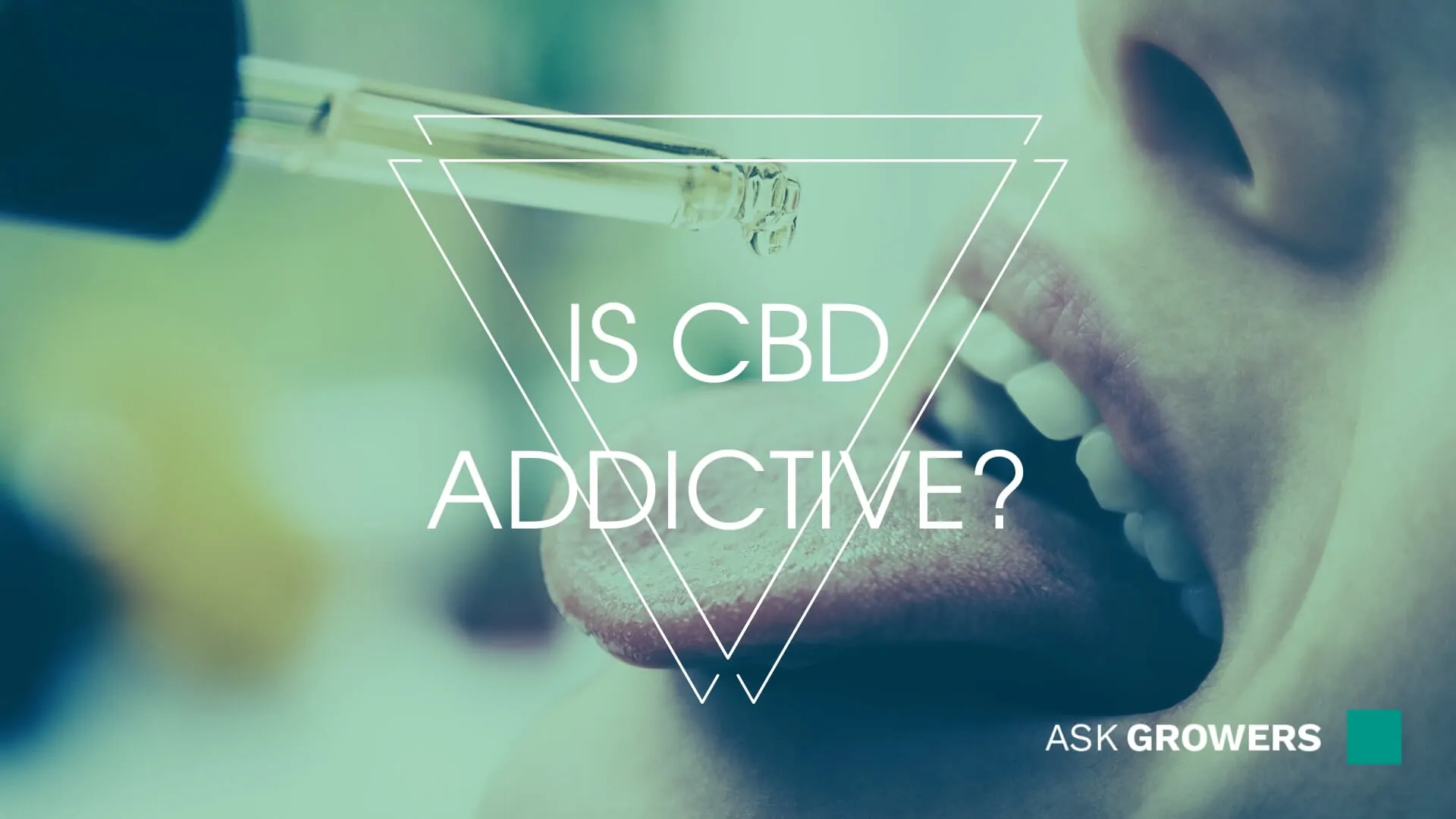
Cannabidiol oil has been gaining a lot of attention in the media recently. We see articles and people recommending it for all kinds of medical conditions. We see pet owners treating their dogs and cats with CBD-infused products, claiming they keep the pets healthy, happy, and calm.
CBD is an active chemical compound in cannabis. It’s completely different from THC, mainly because it doesn’t have any psychoactive properties. It’s supposed to enhance the user’s physical and mental health without making them high.
It’s not just marketing hype. The growing volume of scientific research shows that CBD oil can be a potent remedy against inflammation in the body. It can also reduce social anxiety and help people control seizures.
The main question is: can you get addicted to CBD if you use it in the long term? Does it have any negative effects on humans and animals?
Read Also: How Does CBD Work
Is CBD Oil Addictive?
Currently, there’s not enough scientific research to give us a definite answer to the question: does taking hemp oil in the long term cause an addiction? Heavy use of THC-dominant products is known to increase the risk of dependence. According to the World Health Organization, CBD should not be internationally considered as a controlled substance. The WHO Expert Committee on Drug Dependence concluded that this chemical compound does not have any dependence or abuse potential.
Although WHO doesn’t officially recommend cannabis oil for medicinal uses, the organization acknowledges the fact that the compound has a therapeutic effect for seizures caused by epilepsy and related conditions.
To understand why CBD is not addictive, we should know what effects it has on the body and mind.
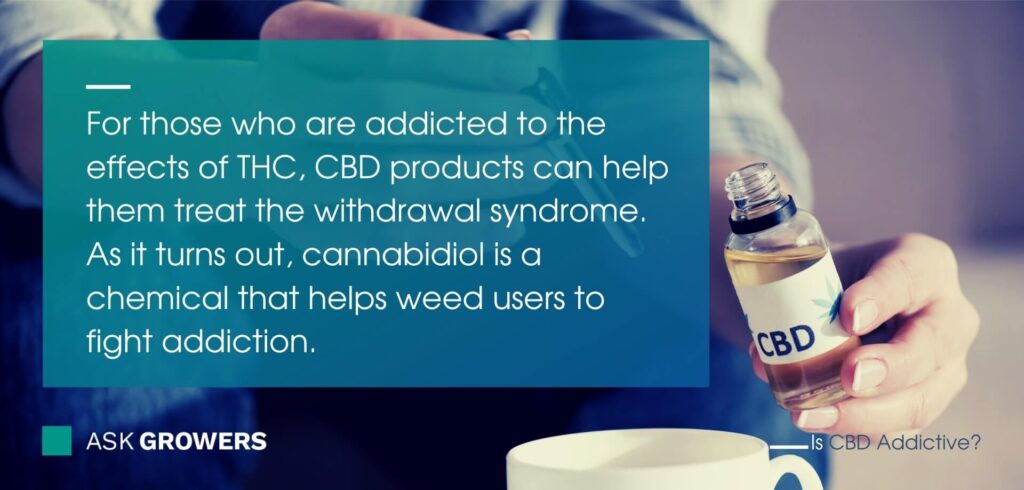
Our body’s endocannabinoid system has three main components: endocannabinoids, enzymes, and receptors (CB1 and CB2). The receptors are responsible for our control of mood, memory, appetite, pain, movement, coordination, and more. THC interacts with these receptors, and that’s what makes it a psychoactive compound. For those who are addicted to the effects of THC, CBD products can help them treat the withdrawal syndrome. As it turns out, cannabidiol is a chemical that helps weed users to fight addiction.
Current research shows that CBD cannot directly bind to the receptors, but it influences them in a way that brings health benefits.
Read Also: Battle Of Cannabinoids: THC Versus CBD
Side Effects and Risks of Using CBD Products
Although you won’t get addicted to using CBD oil, you should be aware of its potential side effects. In the majority of cases, cannabidiol is well-tolerated. However, it may cause a few negative effects on some users:
- Fatigue and drowsiness, usually caused by lowered blood pressure
- Reduced appetite
- Diarrhea
- Dry mouth
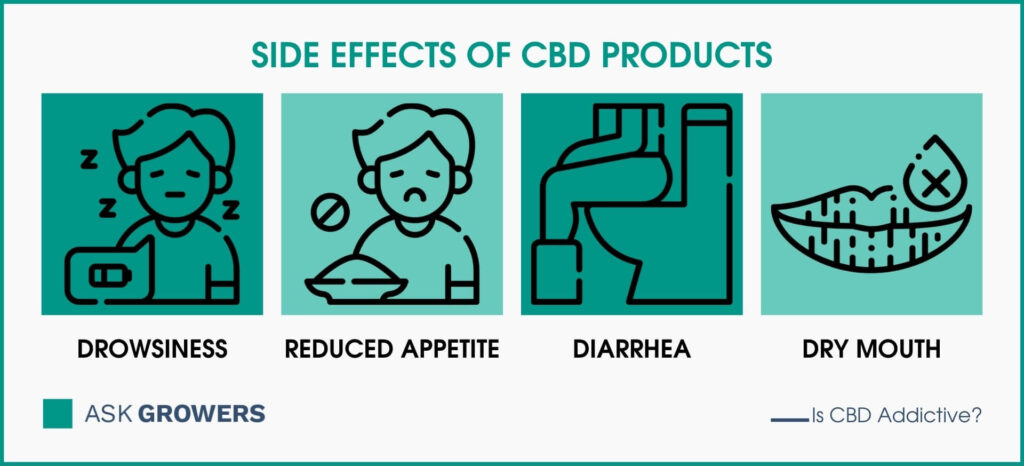
Most of these side effects can be avoided through proper dosage. In addition, the users need to pay attention to the product’s purity and credibility. Any traces of THC in the oil can enhance the potential of experiencing side effects.
Another important thing to know is that CBD could have an adverse effect on particular prescription medication, mainly blood thinners. More research is needed to prove this point and provide additional guidance on how to use cannabidiol products in harmony with prescription drugs.
Why CBD Is a Good Choice
Now that we went through the warnings and side effects, let’s see: is there something that makes cannabidiol a good choice? Why do people use it?
Its effects are quite positive for several conditions:
- CBD has the potential to help those who want to fight drug dependency. It has been proven to curb the use of various substances that cause addiction (including THC and heroin).
- The oil is effective in treating multiple forms of epilepsy. It helps the patients to put seizures under control.
- Cannabidiol is effective for alleviating depression, stress, and anxiety in people and animals.
- The use of CBD has been related to a reduction of strokes, heart attacks, and other heart conditions.
- It improves the quality of sleep.
- The chemical’s most important use is for alleviating discomfort, swelling, and pain in the body. It’s frequently used for mitigating the symptoms of chemotherapy and other aggressive treatments.
Summary
As opposed to THC, CBD does not appear to have any properties that cause addiction in humans and animals. The research on the long-term effects of its usage hasn’t reached an advanced stage. We need more researchers investigating the effects and side effects before we can draw definite conclusions. From what we know so far, pure cannabidiol oil has beneficial medical properties without any serious side effects.
If you intend to use it, you must pay attention to the oil’s purity and the brand’s reputation. That’s why it’s important to read reviews and rely on social proof before making a purchase. Never get the oil from an unreliable source!
Sources
https://www.ncbi.nlm.nih.gov/pmc/articles/PMC2828614/
https://www.who.int/news-room/q-a-detail/cannabidiol-(compound-of-cannabis)
http://headsup.scholastic.com/students/endocannabinoid

 Health
Health
 CBD
CBD
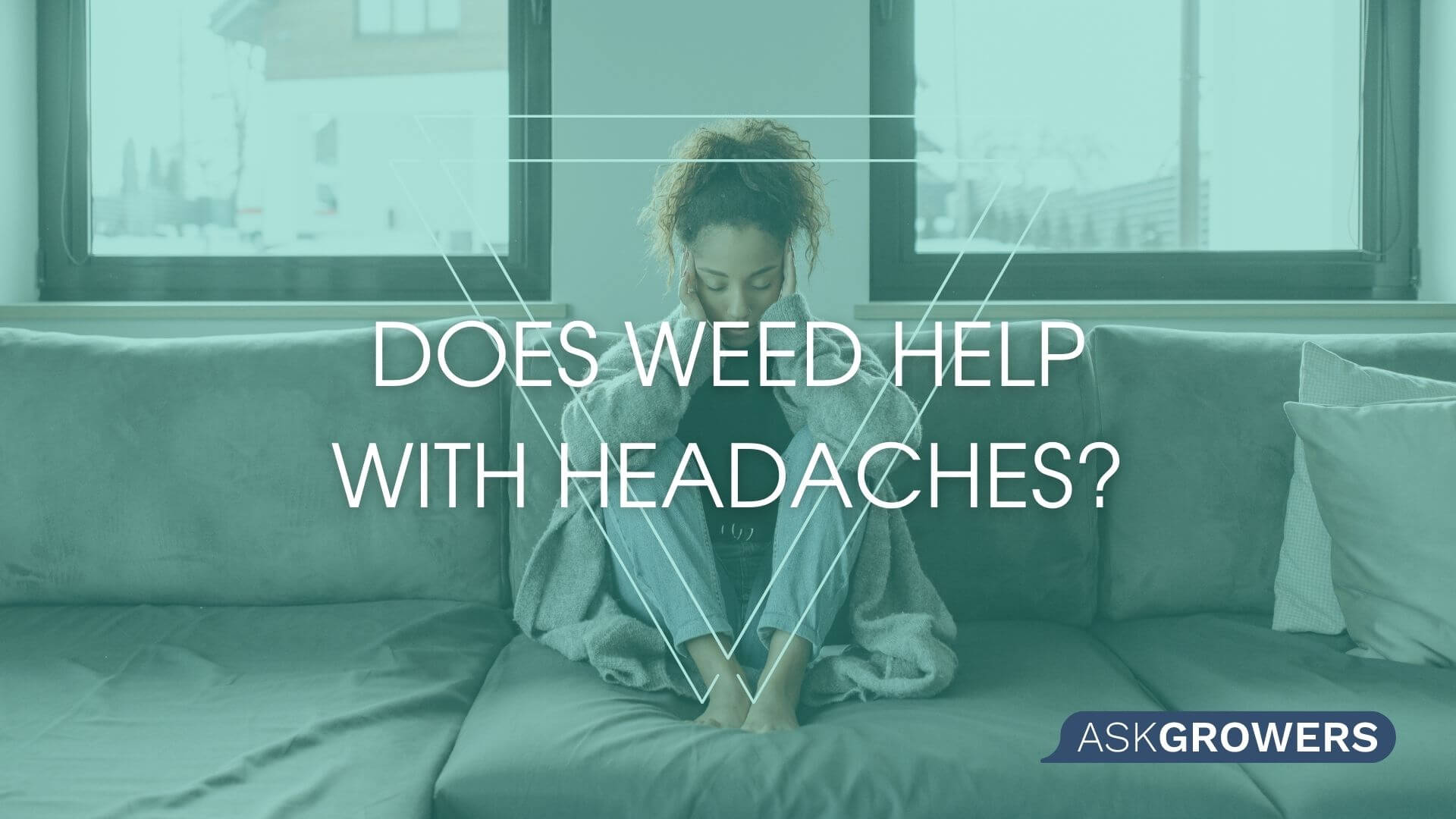
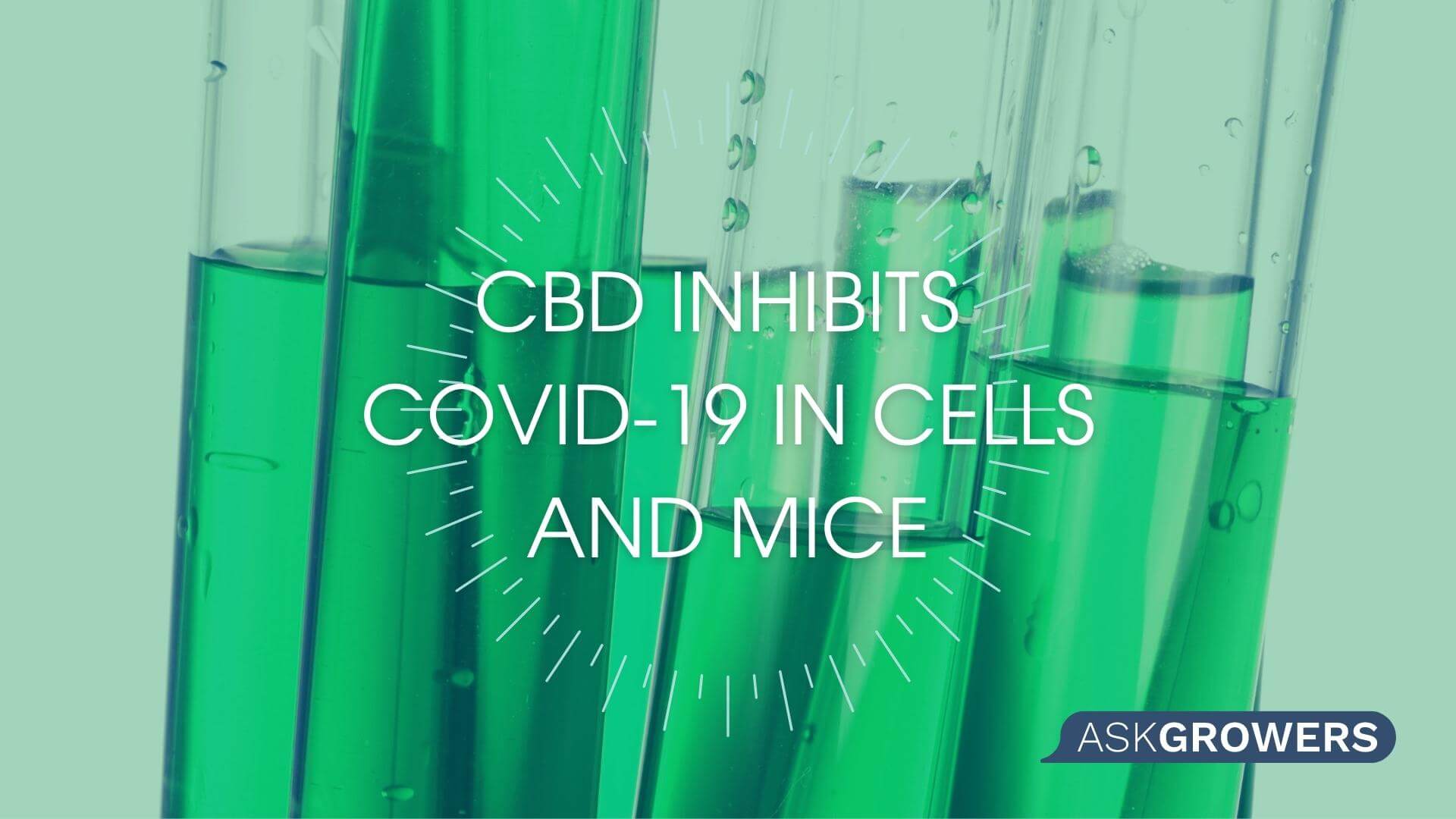
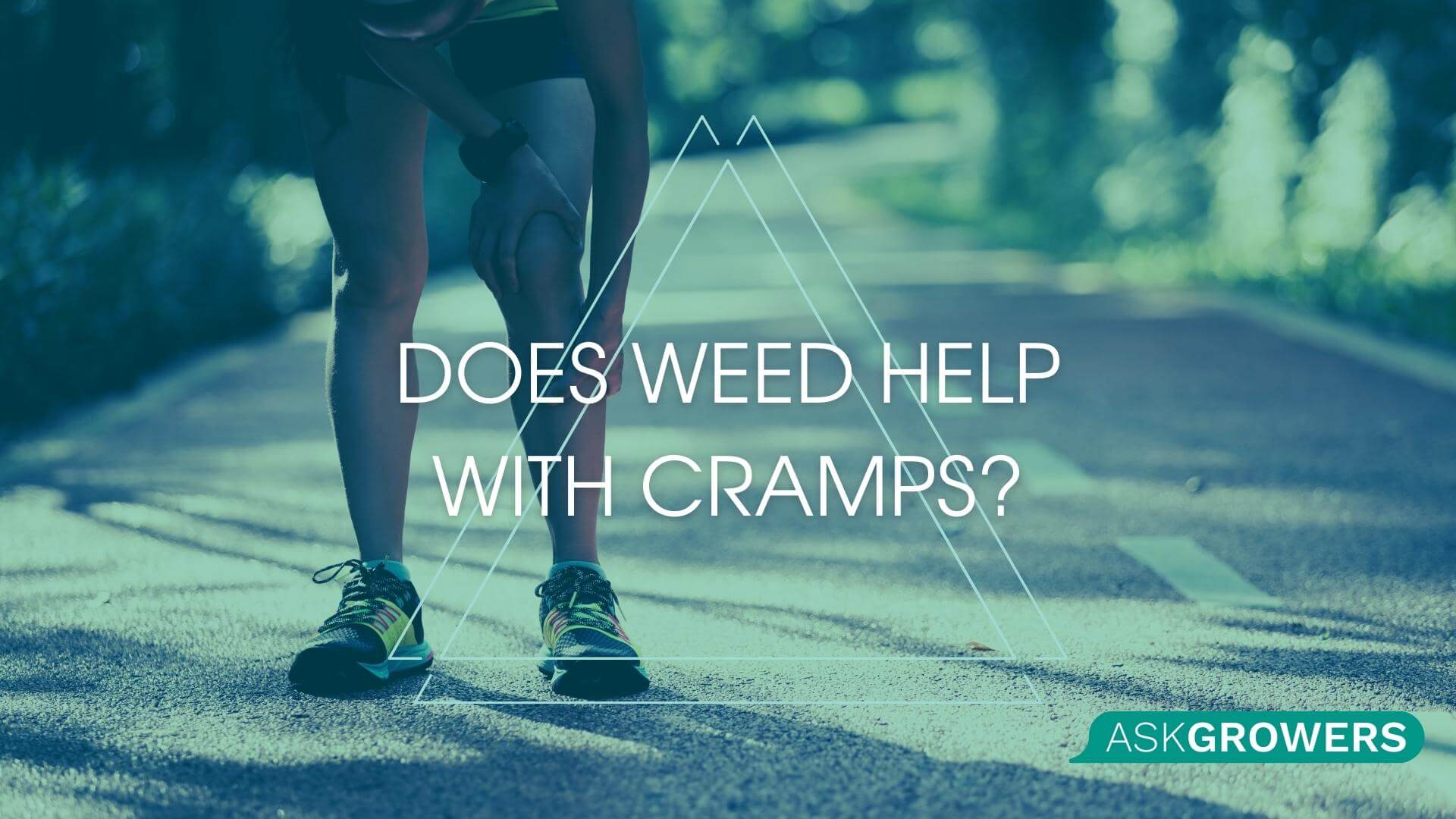
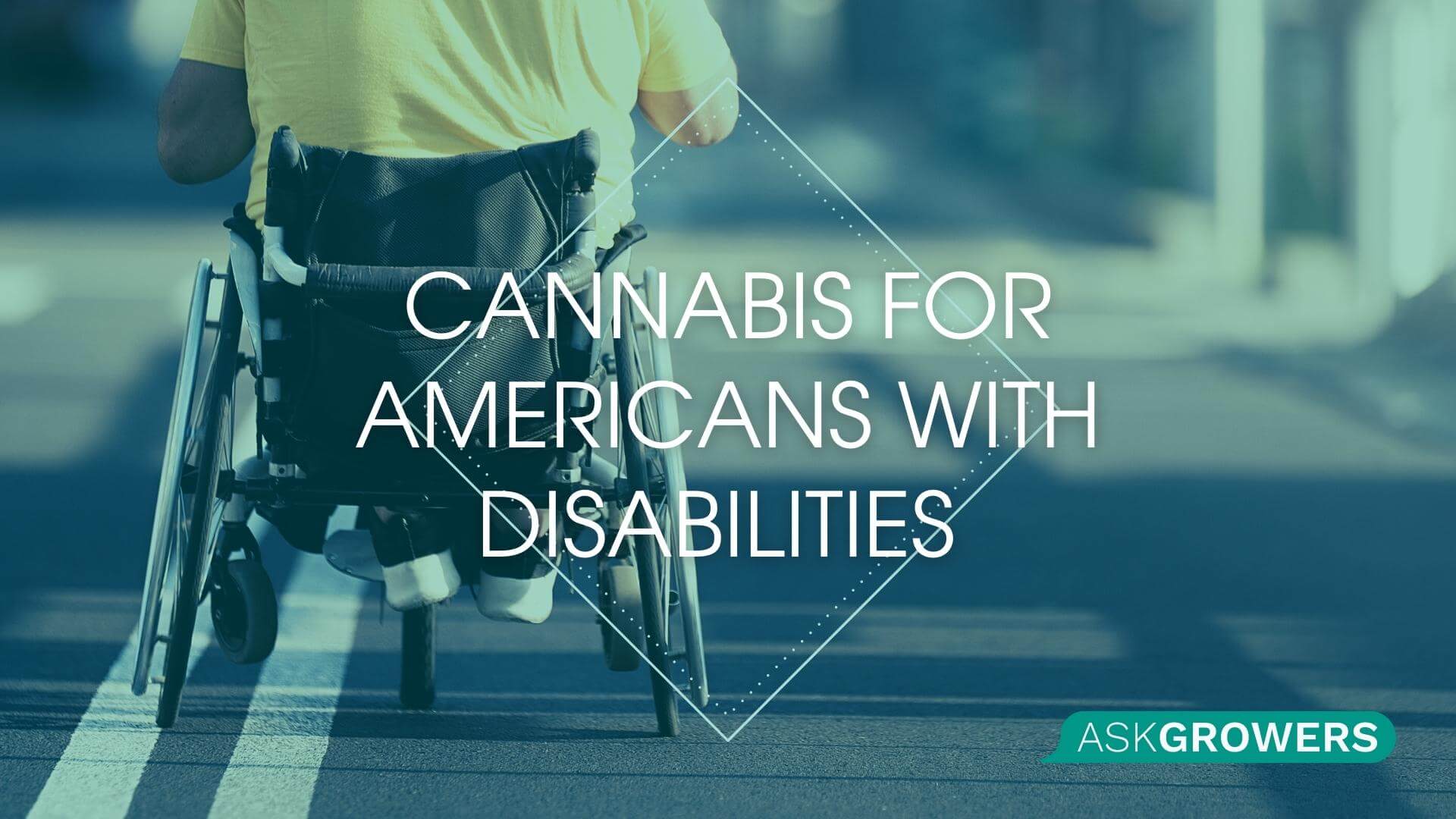
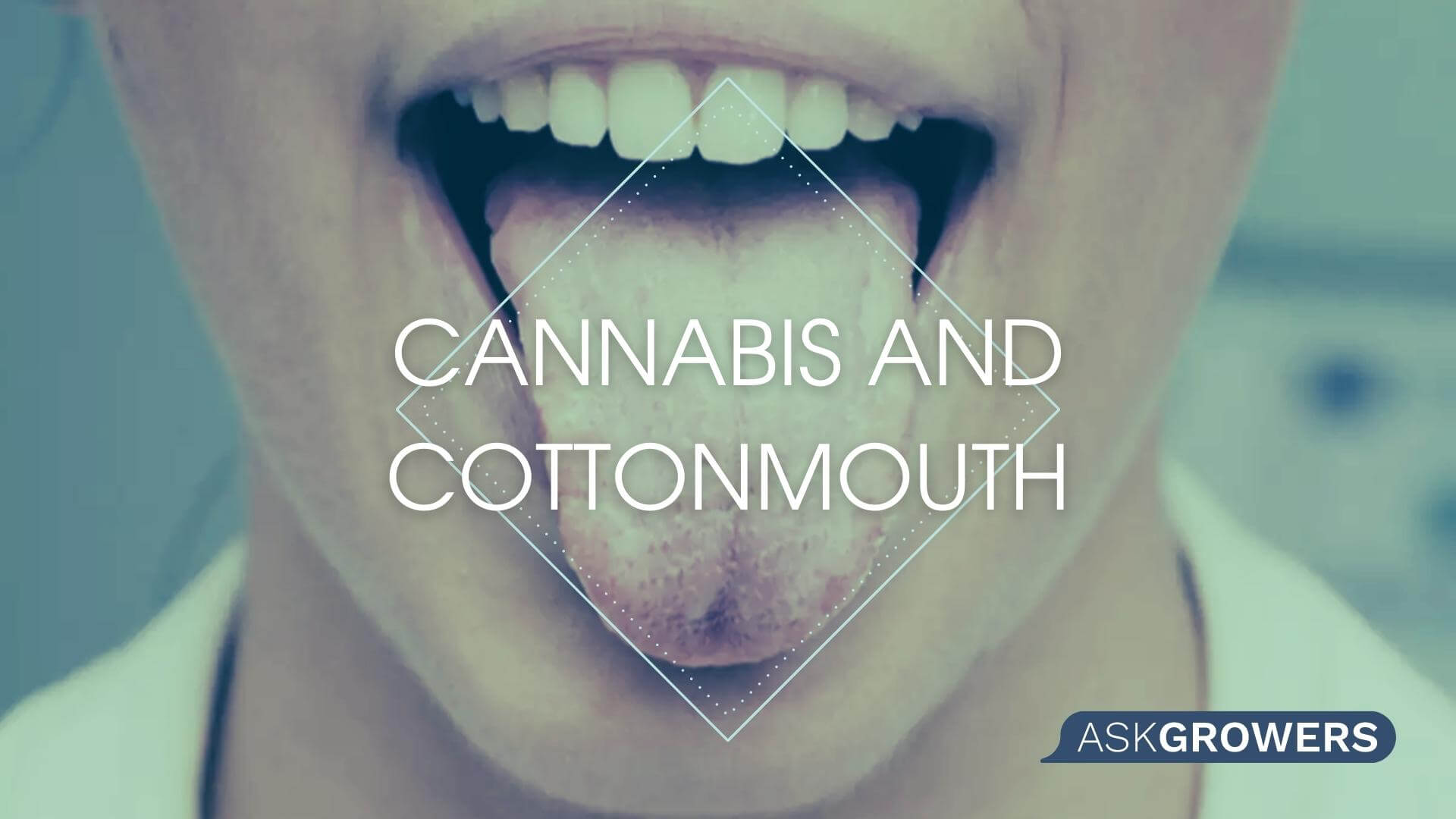
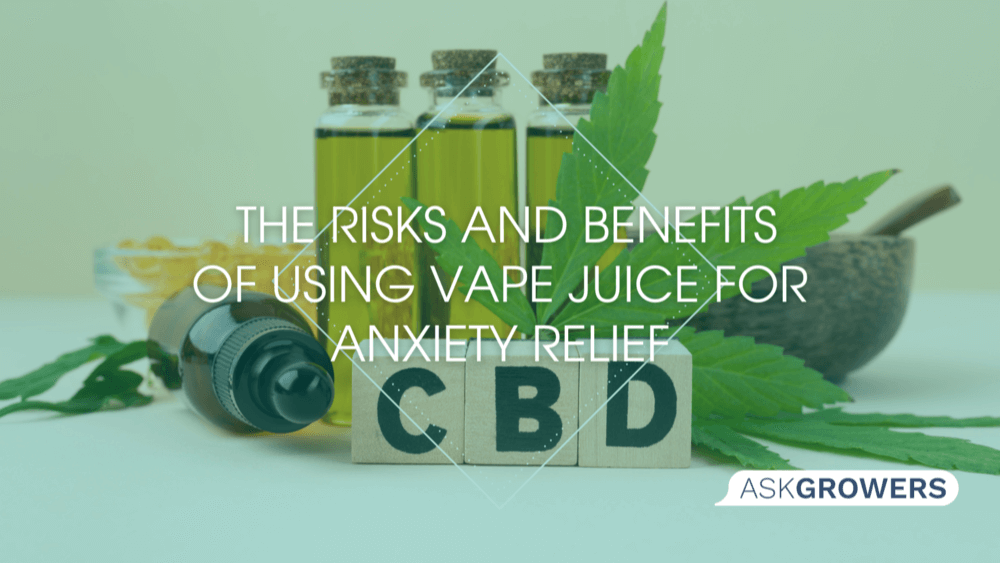
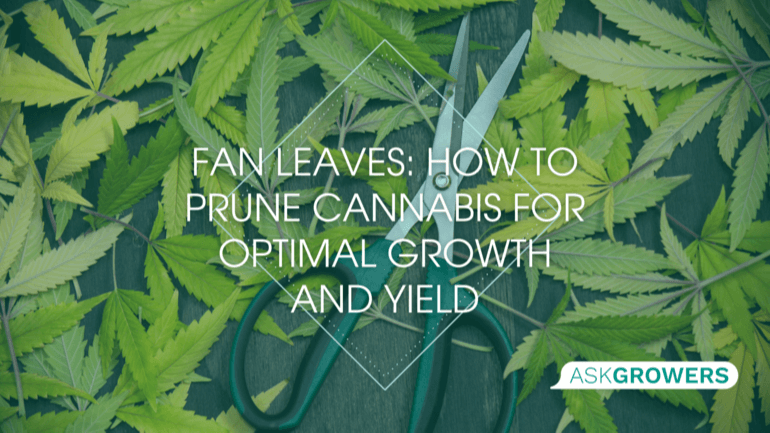
 (1).png)
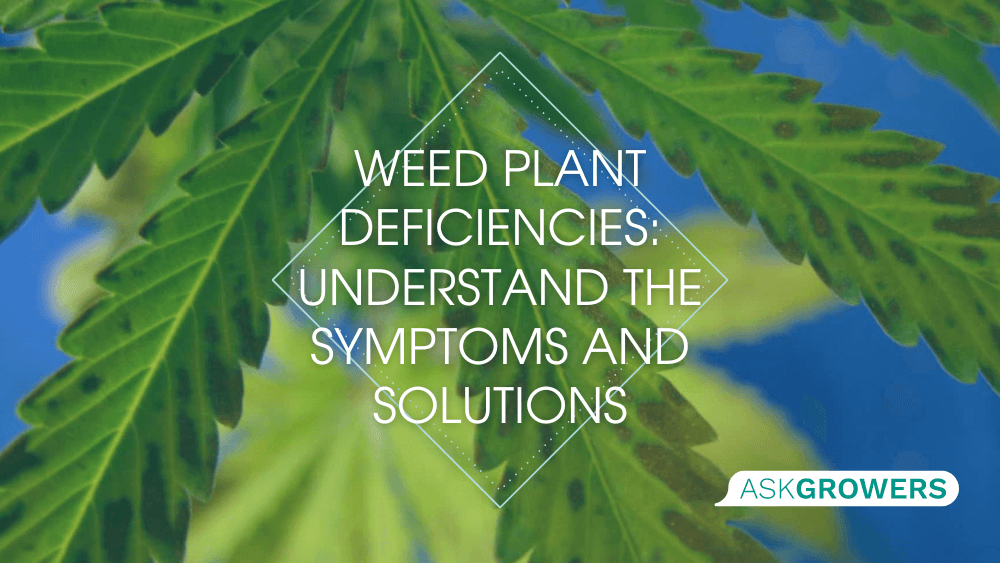
.jpg)

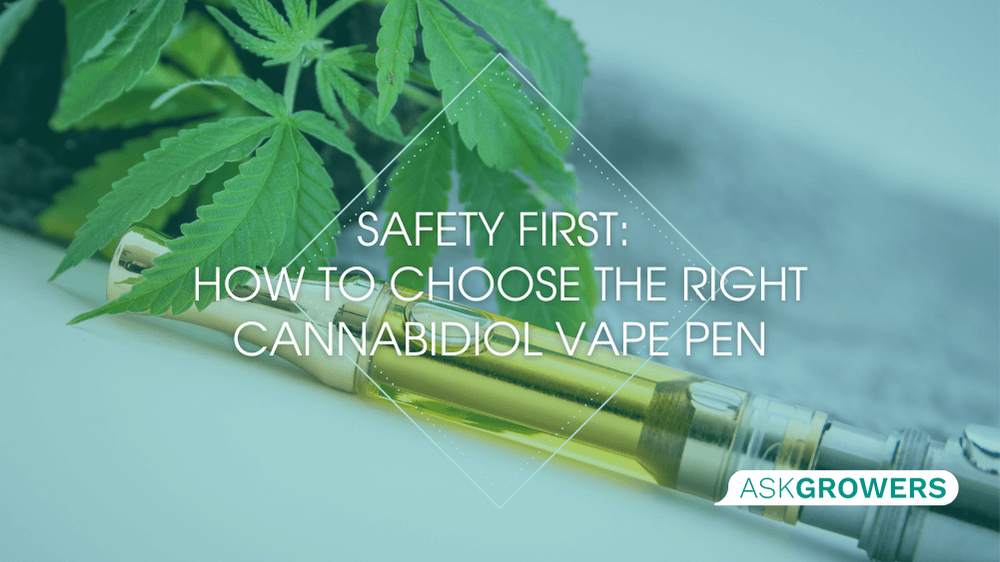
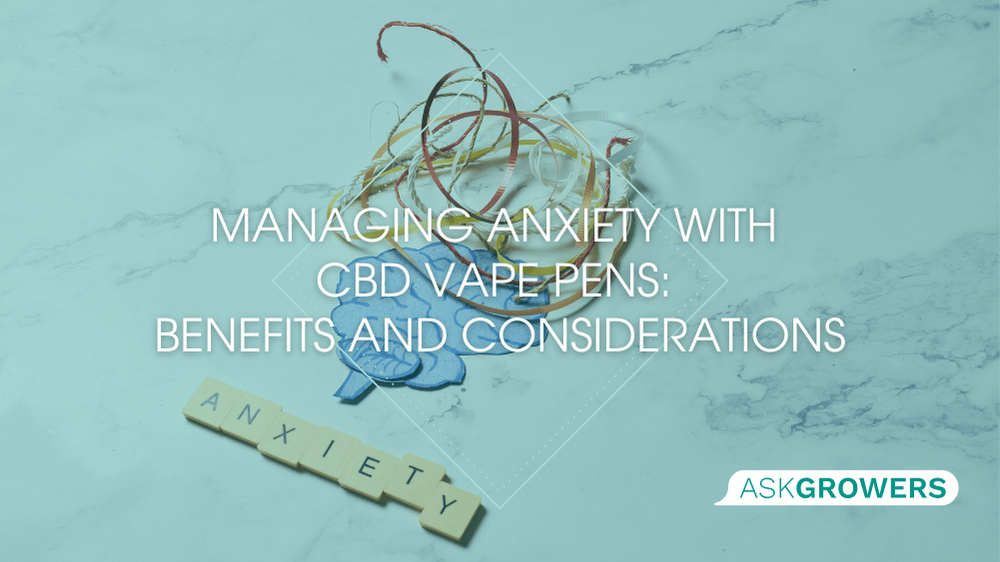
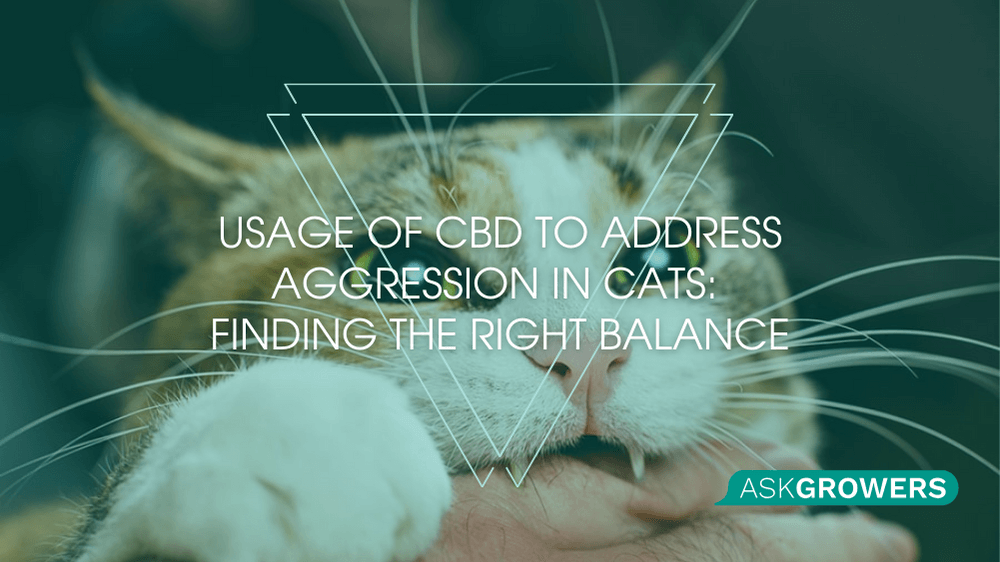
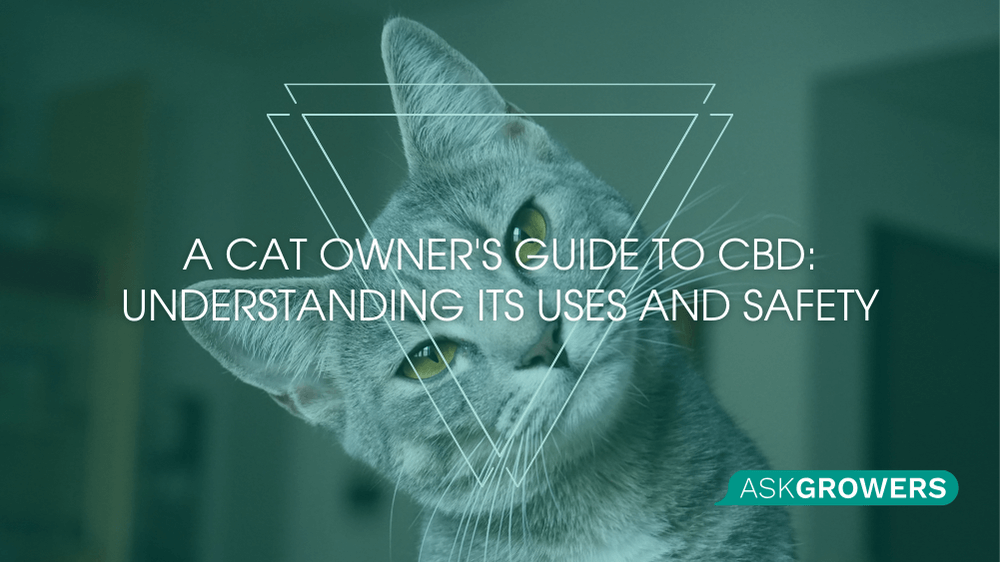
Be the first and share your opinion
Write a Review